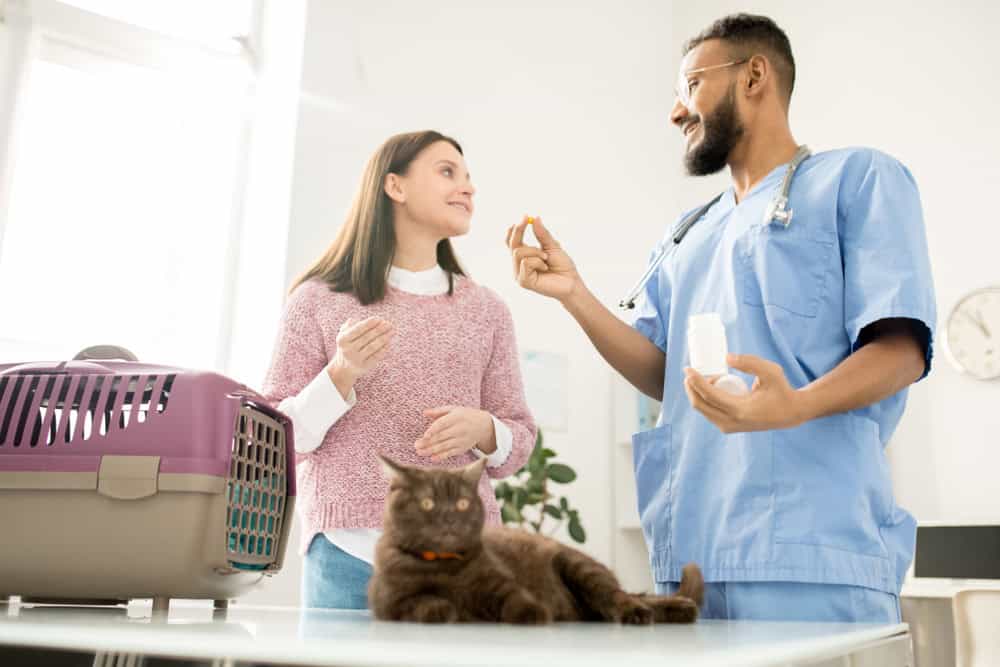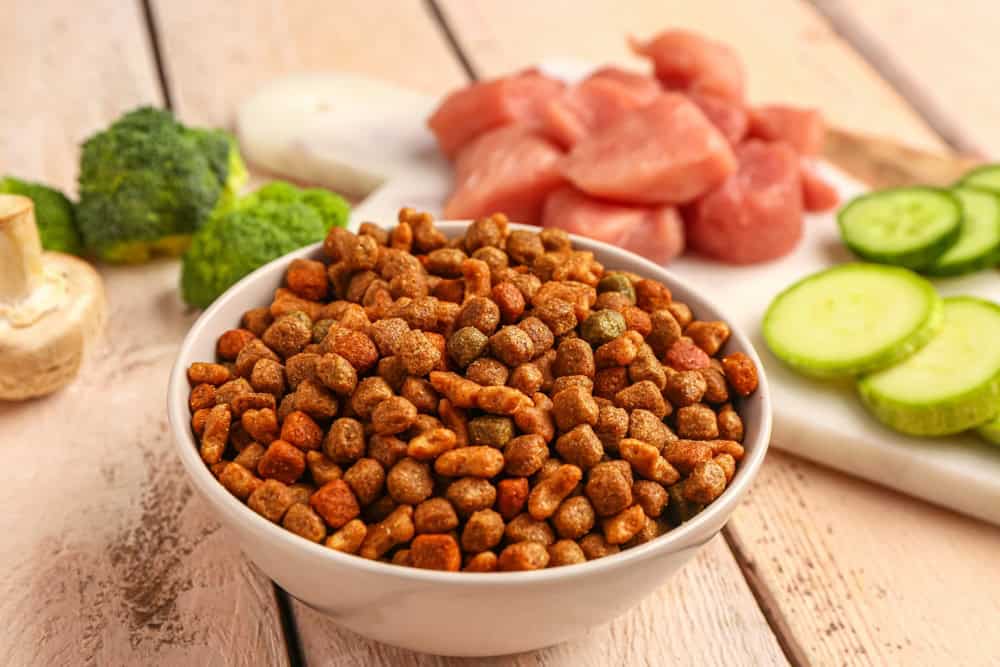A myriad of beliefs and myths abound about pet nutrition and diets. These beliefs range from the merits of grain-free diets to the necessity of certain vitamins and the dangers of specific ingredients, and you must be able to separate fact from fiction to make the right dietary choices for your pet. Our Advanced Veterinary Care of Pasco team deciphers the most common pet nutrition beliefs that we have examined through our lens of science and veterinary expertise.
1. Grain-free diets are better for pets
Fiction: Because of the grain-free fad among people, many pet owners now believe grains are bad for pets. This strongly held idea suggests that grain-free diets are healthier for pets and can help prevent allergies.
Fact: Grain allergies are extremely rare in dogs and cats. In many cases, grains provide essential nutrients. Recent studies have also indicated a potential link between grain-free diets and heart disease, specifically dilated cardiomyopathy (DCM), in dogs. Consult our veterinarians before switching to a grain-restrictive diet.
2. Raw food diets are more natural and healthier for pets
Fiction: Some pet owners believe raw diets are more natural because they mirror the diets of ancestral dogs and cats. Therefore, they must be healthier.
Fact: Raw food diets can pose significant health risks, including bacterial contamination (e.g., salmonella, E. coli) that can affect pets and people. Additionally, these diets are sometimes nutritionally imbalanced, whereas commercial pet foods are formulated to meet pets’ dietary needs.
3. Foods that are safe for people should be safe for pets
Fiction: Sharing table scraps with pets is a harmless way to show love and provide a tasty treat. Pets who eat human foods are healthier.
Fact: Many foods we enjoy are unsafe for pets and can lead to serious health issues. These include chocolate, onions, garlic, raisins, grapes, and certain artificial sweeteners, such as xylitol. Additionally, fatty and sugary foods can lead to gastrointestinal (GI) upset or pancreatitis. Sticking to treats formulated specifically for pets are safer rewards for your furry friend.
4. By-products in commercial diets can harm pets
Fiction: Pet foods containing animal by-products are low-quality and can harm pets, who should eat only whole-muscle meat.
Fact: By-products can include highly nutritious parts of animals, such as organs, that are rich in vitamins and minerals. Pets do not discriminate like humans. The quality and sourcing of the ingredients matter most, so high-quality pet foods from reputable brands that meet processing and nutritional standards are good for pets.
5. Homemade pet food is superior and easy to make
Fiction: Homemade diets allow pet owners to control the quality of ingredients and ensure better nutrition. Making homemade food based on online recipes is easy.
Fact: While homemade diets can be tailored to your furry pal’s unique needs, they require careful planning and a deep understanding of pet nutrition to be balanced and complete. Many homemade diets lack vital nutrients, leading to deficiencies. You should scrutinize homemade pet food recipes and discuss them with our veterinarian, who can assess your pet’s nutritional needs and ensure your homemade meals include the ingredients they need. You also must be scrupulous about hygiene to prevent contamination.
6. Supplementing your pet’s diet with vitamins is beneficial

Fiction: Giving vitamins and supplements intended for humans can enhance pets’ health and increase their energy. Most pets need additional supplements if they eat a commercial diet.
Fact: Pets have different nutritional requirements than people. Some human vitamins, such as iron and vitamin D, can harm pets and over-supplementation can lead to toxicity and health issues. Pets should be given only specifically pet-designed supplements, always under our veterinarian’s guidance.
It’s admirable that you want to feed your four-legged friend the most nutritious and balanced diet possible. However, knowing your pet’s nutritional needs and avoiding unfortunate health issues or emergencies is critical. While many common pet nutrition beliefs persist, empower yourself by relying on science-based information and consulting with our Advanced Veterinary Care of Pasco team when making dietary decisions. Your pet then will lead a healthier, happier life. Contact our team to schedule a nutritional consultation.

